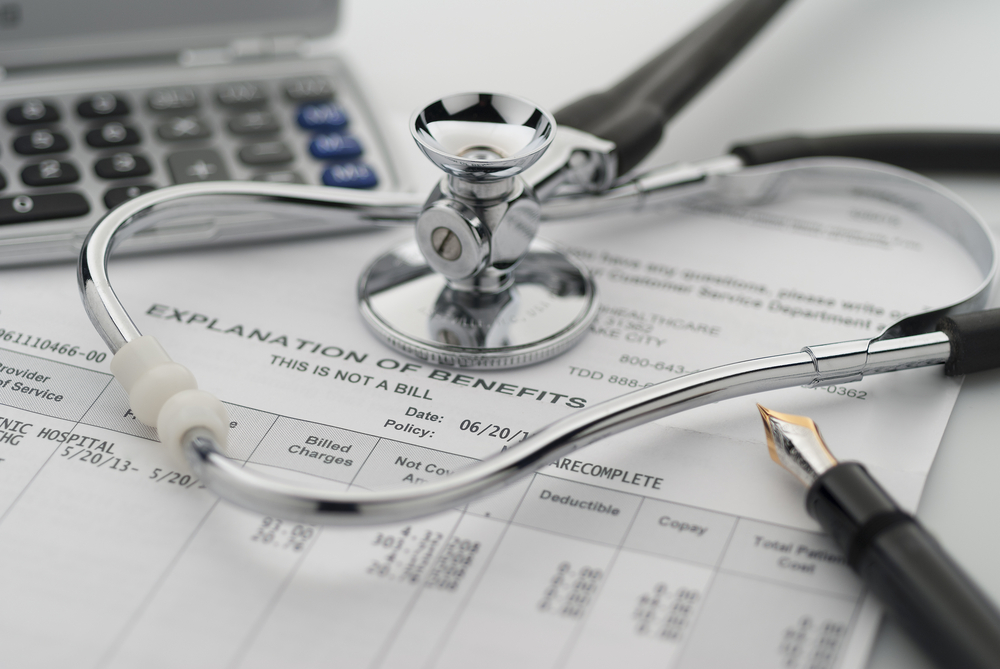You love your car. You wouldn’t trade the freedom you feel when you’re driving for anything, but could your car be damaging your hearing?
Let’s examine vehicle-related hearing loss and some simple solutions to prevent it.
Convertibles
Like most of the vehicles on this list, the convertible is a status symbol for many people. It’s the car you really wanted when you were in your 20s. It fits your lifestyle because your kids are out of the house, and you can finally afford it.
But whether it’s a Jeep or a Ford Mustang, these vehicles can increase your hearing loss risks.
If you stand 50 meters away from a busy highway, the noise levels are about 80 decibels (dB). That’s about one-third of a football field. Prolonged exposure (eight hours or more) to 85 dB will cause permanent, irreversible hearing loss.
When you’re driving a convertible, you’re in the middle of this noise, not 50 meters away. Noise levels can exceed 110 dB, which is enough to cause hearing loss after approximately 15 minutes.
If you’re driving a convertible for more than 15 minutes with the top down, you risk damaging your hearing. Simply rolling the windows up with the top down can reduce harmful noise levels.
You can download a free sound meter on your smartphone to determine how loud your car really is, but never use your phone while driving.
If you drive a convertible, you probably don’t want to give it up, but potential hearing loss is something to consider when purchasing your next car.
You don’t lose your hearing all at once. It’s gradual. Most people don’t notice their hearing loss until severe damage is done.
Boats and watercraft
Motorboats and other motorized water vehicles can create noise up to 90 dB in volume. If you find yourself yelling to be heard over the noise of your boat engine, then the sound has reached harmful levels.
So, how can you enjoy watercraft and still protect your hearing?
You don’t have to give up activities you enjoy to save your hearing. Opt for an electric motor over gas, as these engines are slightly quieter. You should also never exceed eight hours on a boat or watercraft.
Snowmobiles
The sound of a snowmobile engine can exceed 100 dB, depending on the model. If your snowmobile is louder than 85 dB, it will cause permanent, irreversible hearing damage with prolonged exposure.
Thankfully, there is now increased awareness regarding how loud snowmobile engines are, as well as technological solutions to help lower the noise levels. A modified exhaust system will significantly reduce a snowmobile engine’s noise levels, reducing it well below harmful levels.
Lawnmowers
The noise from a lawnmower engine, whether riding or push, can exceed 100 dB, which can cause permanent damage with prolonged exposure.
You will probably be all right if you can finish your yard in under an hour. If you think you’ll be exposed for a longer duration when using a mower or string trimmer, wear earplugs.
Motorcycles
A motorcycle engine’s sound is also roughly 100 dB and can reach as high as 115, which can cause instant damage to your ears. Repeated exposure to this noise will definitely damage your hearing.
If you bought a pre-owned motorcycle, you should check to see if the previous owner modified the muffler to make it louder than it should be.
In addition to the noise produced by the motorcycle’s engine, the rider is experiencing noise from traffic and the wind, both of which can damage hearing with prolonged exposure.
Get a noise-reducing helmet to lower the impact of the noise from your motorcycle’s engine. The more aerodynamic the helmet, the quieter it will be. If you’re going on a road trip, take frequent, prolonged breaks and invest in a good helmet.
You can also purchase a modified exhaust system to quiet your motorcycle enough to not cause hearing damage. Doing this won’t reduce the joy of riding.
Automobiles
You may think you’re immune from harmful noise if you drive an ordinary passenger vehicle. Unfortunately, by rolling down your windows to save gas by not using the air conditioning, you are exposing your ears to harmful sound levels.
Aside from the occasional enjoyment of a cool breeze on a country road, it’s better to keep your car windows up, particularly on highways.
Protect your hearing
There’s nothing like an enjoyable car ride to make us feel alive, but our vehicles can damage our hearing if we don’t take the proper precautions. If you haven’t been protecting your hearing from harmful noise, you should get your hearing tested by a hearing professional.



